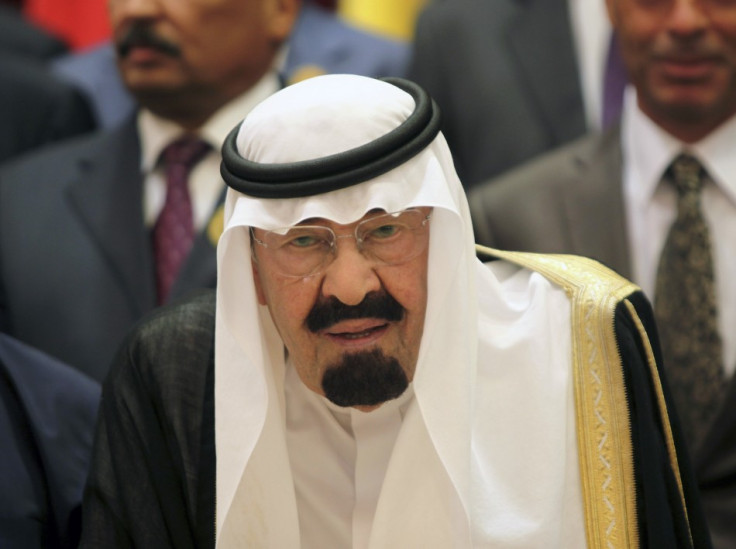Saudi Succession: Keeping it in the Close Family

Prince Muqrin bin Abdulaziz's appointment as deputy crown prince is hardly a radical move but it will buy time for the House of Saud.
King Abdullah has tried to stop a possible succession crisis before it could develop. By appointing his half-brother to the post, the ageing Saudi monarch has delivered a statement of continuity to the royal family, the country and its international allies.
Abdullah is keen to avoid a full blown power struggle, or at least make sure that any squabbles remain behind closed doors. Moreover, at a time when the wider region is convulsed in violent conflicts, the announcement shores up the security of one the region's most stable nations for the near future.
Muqrin's appointment keeps the line of succession within the same generation of brothers born to the founder of modern Saudi Arabia, King Abdulaziz. The inner circle of princes that has controlled the vast desert country for decades will retain its position for the foreseeable future.
The move suggests a recognition of the ill health of the heir apparent, Crown Prince Salman, who is 78 and seldom travels with the King on business or political trips. What's more, it removes Salman's ability to choose his own successor.
The King himself has been withdrawing from official state business, although he was visited by US President Barack Obama last week. US officials said that Abdullah engaged in a lively two-hour discussion with Obama, despite having an oxygen tube attached to his nose. Western diplomats have described Muqrin as Abdullah's eyes and ears.
Educated at the Royal Air Force College in Cranwell, UK, Muqrin is a former Saudi intelligence chief. Analysts had assumed he would be blocked from the top position due to his mother's Yemeni origin.
The current Saudi Kingdom is the third state founded by the House of Saud. The previous incarnations, dating back to the 18<sup>th century, collapsed after succession quarrels. Each kingdom has been based on a partnership between the ruling monarchs and a deeply conservative religious establishment founded by Mohamed ibn Abd al Wahhab.
Saudi watchers believe that the King has seized the moment to settle any dynastic jostling while the country is in rude economic health and not suffering from the upheavals in other parts of the region. With oil prices stubbornly high, the world's leading oil exporter has posted successive budget surpluses and foreign currency reserves of $717bn.
However, Saudi society is on the cusp of a major change. More than half the population is under 20 and most have little hope of finding adequate work in the Kingdom. Home ownership and poverty are real issues that Saudis and their rulers will have to face in the coming years.
Moreover, the wave of popular individual empowerment unleashed by the so-called Arab Spring will probably have to be addressed by the Saudi leadership at some point. While counter-revolutions and coups may have been last year's regional trend, the popular will for more freedom and self-empowerment is unlikely to stay dormant in the long run.
Saudi social media is awash with rumours that more announcements are due to follow. A popular theme is that Muqrin's appointment signals the moment to begin discussions on establishing the leader from the next generation of princes. But for now at least, they'll have to make do with Muqrin.
© Copyright IBTimes 2025. All rights reserved.






















